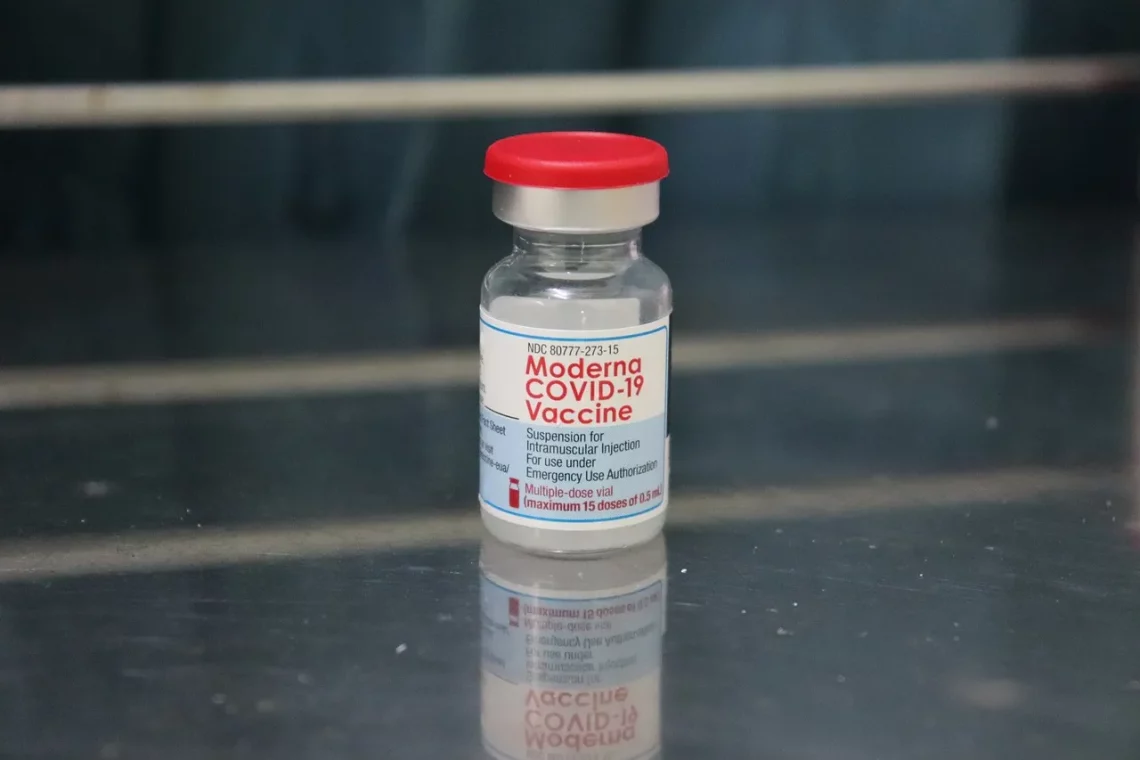
Understanding Distemper Parvo Vaccine Cost for Your Pet
Vaccination is a vital aspect of pet care, providing protection against various infectious diseases that can pose serious health risks to animals. Among these, the distemper and parvovirus vaccines are essential for dogs, safeguarding them from potentially fatal illnesses. Pet owners often find themselves navigating the complexities of vaccination costs, understanding what influences these prices, and how to budget for their pet’s health needs.
The cost of vaccinations can vary significantly based on several factors, including the location of the veterinary clinic, the pet’s age, and whether the vaccines are part of a broader health check-up. Additionally, understanding the importance of these vaccines can help owners appreciate the value of investing in their pet’s health. As pet care becomes increasingly prioritized, being informed about vaccination options and their associated costs can empower pet owners to make the best decisions for their furry companions.
Factors Influencing Distemper Parvo Vaccine Costs
When considering the cost of the distemper parvo vaccine, several factors come into play that can affect the overall price. One of the primary influences is the geographical location of the veterinary clinic. Urban areas may have higher prices due to increased operational costs, while rural clinics may offer more competitive rates. Additionally, different regions may have varying demand for vaccinations, which can also impact pricing.
The type of veterinary practice can also significantly affect costs. For instance, a well-established animal hospital with advanced facilities may charge more than a small, independent clinic. Furthermore, if the vaccine is administered as part of a comprehensive wellness package, it may be bundled with other services like examinations or additional vaccinations, which could lead to cost savings in the long run.
Another factor to consider is whether the vaccine is administered by a veterinarian or a veterinary technician. In some clinics, technicians may provide certain vaccinations, which can reduce costs. However, it’s crucial to ensure that your pet receives vaccinations in a professional setting to ensure safety and efficacy.
The age and health status of your pet can also influence the overall costs. Puppies typically require a series of vaccinations, which can lead to a higher cumulative expense, while adult dogs may only need boosters. Additionally, if your pet has underlying health issues, your veterinarian may recommend additional tests or treatments prior to vaccination, which can further increase costs.
Lastly, the choice between brand-name vaccines and generic alternatives can play a role in pricing. While brand-name vaccines are often considered more reliable, some generic options are equally effective and may be more budget-friendly. It’s essential to discuss these options with your veterinarian to understand what is best for your pet.
Understanding the Importance of Vaccinations
Vaccinations are crucial in protecting pets from severe diseases, and the distemper and parvovirus vaccines are among the most critical for dogs. Canine distemper is a contagious disease that affects a dog’s respiratory, gastrointestinal, and nervous systems, leading to severe health complications or even death. Similarly, parvovirus is highly contagious and can cause severe gastrointestinal distress, particularly in puppies.
The significance of these vaccines extends beyond the health of individual pets; they also contribute to community health. Vaccinating pets helps to establish herd immunity, reducing the spread of diseases within the pet population. This is particularly important in areas where many dogs interact, such as parks or doggy daycare facilities.
Moreover, the long-term savings associated with vaccinations cannot be overlooked. Treating a pet that contracts distemper or parvovirus can be extremely costly and emotionally taxing, often requiring extensive veterinary care. By investing in vaccinations, pet owners can avoid these potential expenses while ensuring their pets remain healthy and lively.
It’s also essential to recognize that vaccinations are not a one-time event. Dogs require a series of vaccinations during their early months, followed by booster shots throughout their lives. Regular check-ups with a veterinarian will help ensure that pets remain up-to-date on their vaccinations and any required boosters.
Discussing vaccination protocols with your veterinarian can provide insight into your specific pet’s needs. Factors such as breed, lifestyle, and health history can all influence the vaccination schedule and choices appropriate for your dog.
Budgeting for Your Pet’s Vaccination Needs
Budgeting for veterinary care, including vaccinations, is an essential aspect of responsible pet ownership. While the initial costs of vaccinations may seem daunting, planning can help pet owners manage these expenses without compromising their pet’s health.
First, consider setting aside a specific amount each month dedicated to your pet’s healthcare needs. This savings strategy can help alleviate the financial burden when vaccinations are due. Additionally, many veterinary clinics offer wellness plans or payment plans that can spread out the costs of vaccinations and other preventive care over the year.
It’s also a good idea to research local veterinary clinics and their pricing for vaccinations. Some clinics may offer discounts or promotions for new clients, or they may have packages that combine multiple services at a lower rate. Comparing prices between different providers can help find the best deal while ensuring quality care.
Another option to consider is pet insurance. While it may require an upfront investment, pet insurance can cover a significant portion of veterinary expenses, including vaccinations. Understanding the details of your insurance plan and what it covers can help you make informed decisions regarding your pet’s healthcare.
Lastly, be proactive in discussing your pet’s vaccination needs with your veterinarian. They can provide valuable information on upcoming vaccination schedules, potential costs, and any available discounts. Open communication with your vet can lead to better budgeting and planning for your pet’s health needs.
In summary, understanding the costs associated with the distemper and parvovirus vaccines involves considering various factors, including location, clinic type, and your pet’s specific needs. By budgeting appropriately and exploring different options, pet owners can ensure their furry companions receive the necessary vaccinations without breaking the bank.
**Disclaimer**: This article is not intended as medical advice. For health-related concerns regarding your pet, always consult a qualified veterinarian.




